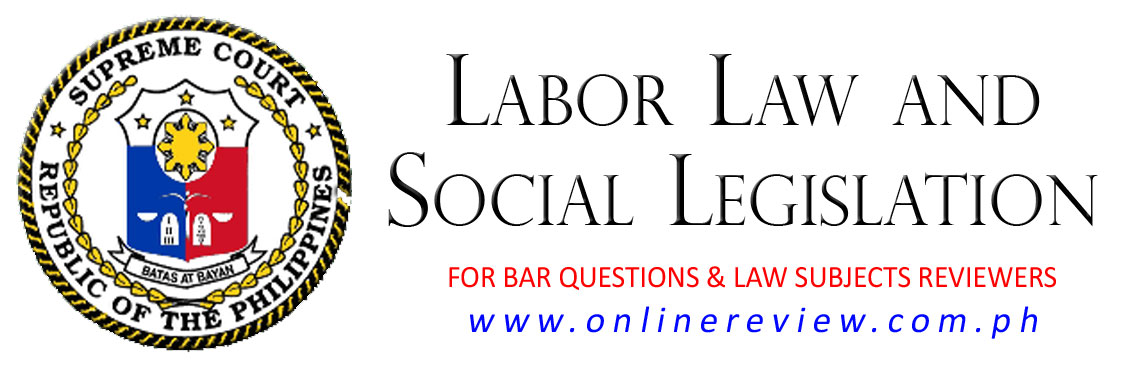We are asked in this petition to ascertain the power, if any, of the Department of Labor and Employment (DOLE), more specifically the Bureau of Labor Relations (BLR), to supervise the activities of government employees; in this case, unions of judiciary personnel who serve in the Court of Appeals.
The question of power is quite significant. Hitherto, the BLR has concentrated on labor relations in the private sector. Its enforcement machinery and the mass of law and jurisprudence governing its functions are entirely geared to the handling of the peculiar problems arising in private employment. In this case, the BLR has tasked itself to intervene not only in a quarrel between two groups of government employees but more important, in a quarrel between employees working for an independent branch of government, the Judiciary.
The issue of what governs and who supervises unions of government employees is of more than passing concern especially when those who organize and hope to engage in certain forms of concerted action are court employees.
What is the law which governs certification elections in the Court of Appeals?
RULING: YES
All this does not mean that the separation of powers doctrine requires us to supervise the details of self-organization activities in the courts. In the same way that CSC validly conducts competitive examinations to grant requisite eligibilities to court employees, we see no constitutional objection to DOLE handling the certification process in the Court of Appeals, considering its expertise, machinery, and experience in this particular activity. Executive Order No. 180 requires organizations of government employees to register with both CSC and DOLE. This ambivalence notwithstanding, the CSC has no facilities, personnel, or experience in the conduct of certification elections. The BLR has to do the job.
Executive Order No. 180 states that certificates of registration of the legitimate employee representatives must be jointly approved by the CSC Chairman and the DOLE Secretary. Executive Order No. 180 is not too helpful in determining whose opinion shall prevail if the CSC Chairman and the DOLE Secretary arrive at different conclusions. At any rate, we shall deal with that problem when it occurs. Insofar as power to call for and supervise the conduct of certification elections is concerned, we rule against the petitioner.
References:
Association of Court of Appeals vs Ferrer - Calleja (Union of Concerned Employees of the Phils.)
GR 94716 (1991, Third Division)
Executive Order No. 180 issued on June 1, 1987
"Providing Guidelines for the Exercise of the Right to Organize of Government Employees; Creating a Public Sector Labor-Management Council; and for Other Purposes."
